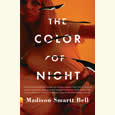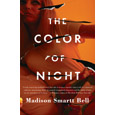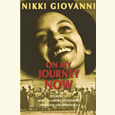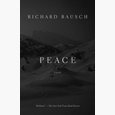Report from Chattanooga, Day Two
April 18, 2011 Two days into the conference, it was clear that these writers are part of fellowship in much more than name. The older members have known each other for many years, and they’ve all been involved in teaching and encouraging the younger ones. During his panel appearance, Allan Gurganus talked about the pleasure of hearing the reading by Ann Patchett, who was his student at Sarah Lawrence. During George Singleton’s reading, I was sitting next to Richard Bausch, who told me Singleton had been his student at George Mason University. During his long teaching career at Hollins University, Richard Dillard influenced the work of several of the Fellows, including Jill McCorkle and Madison Smartt Bell. In the course of the panels and presentations, members who have passed away are often remembered fondly—particularly George Garrett, who nurtured many young writers. It would be fascinating to see a lineage chart that mapped all these connections.



